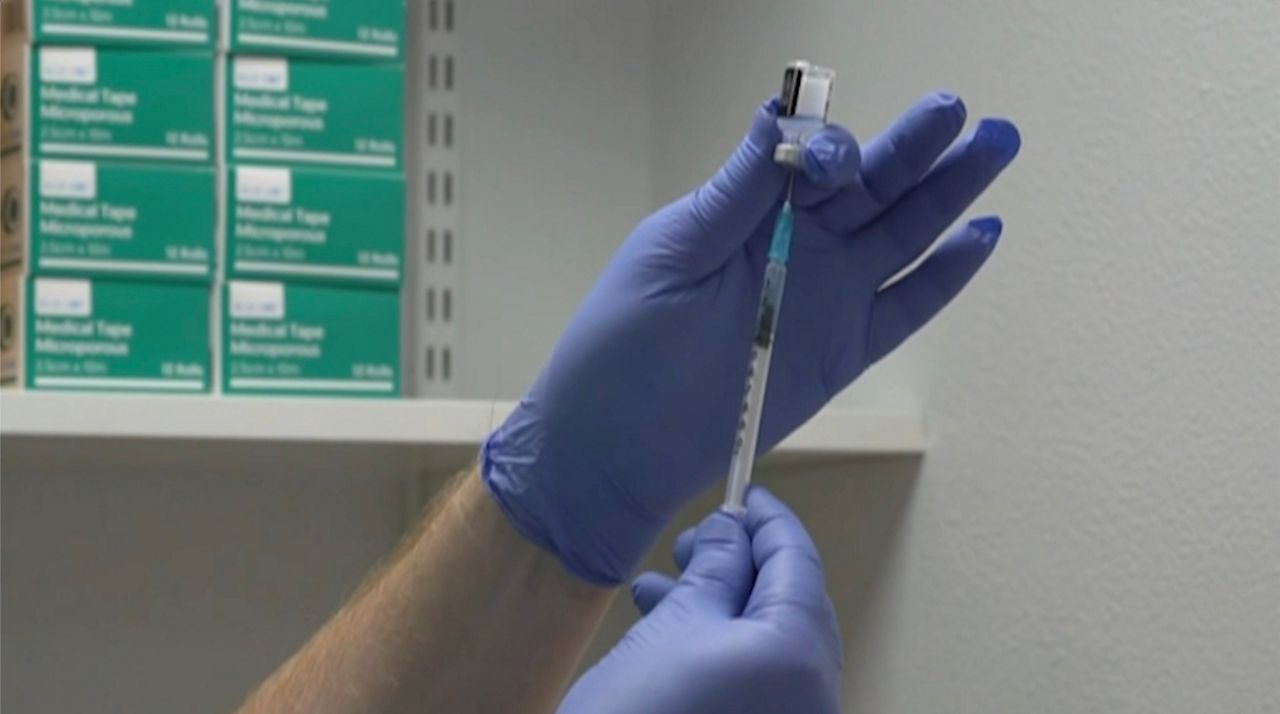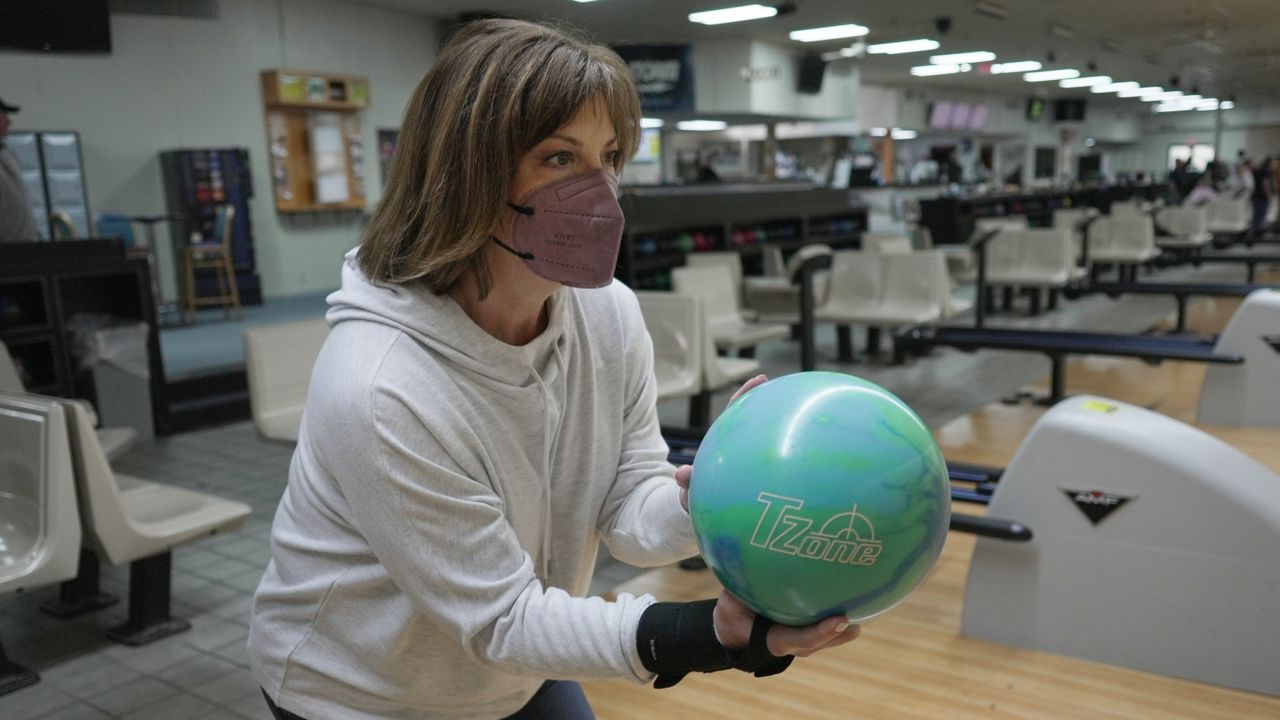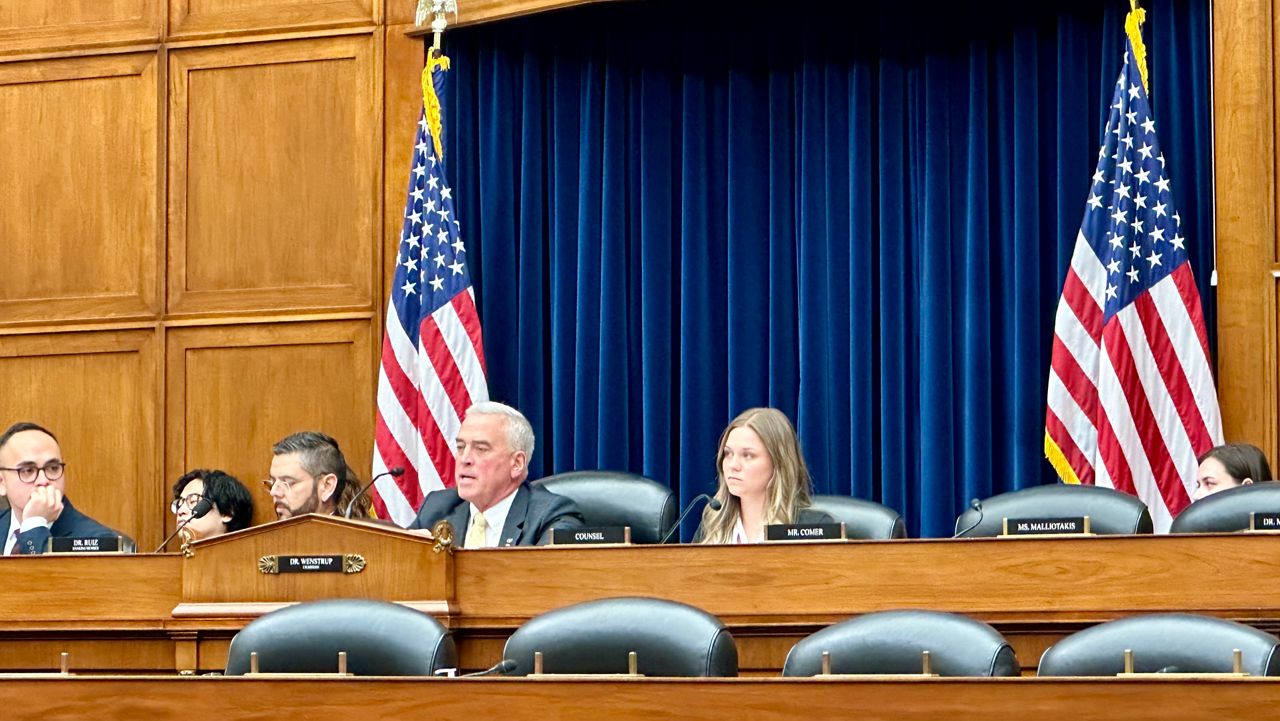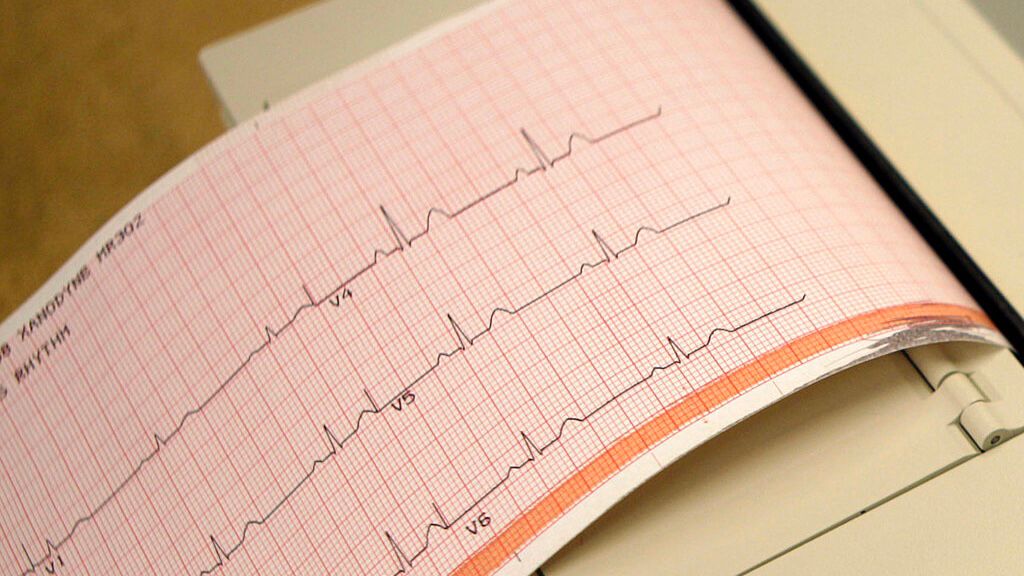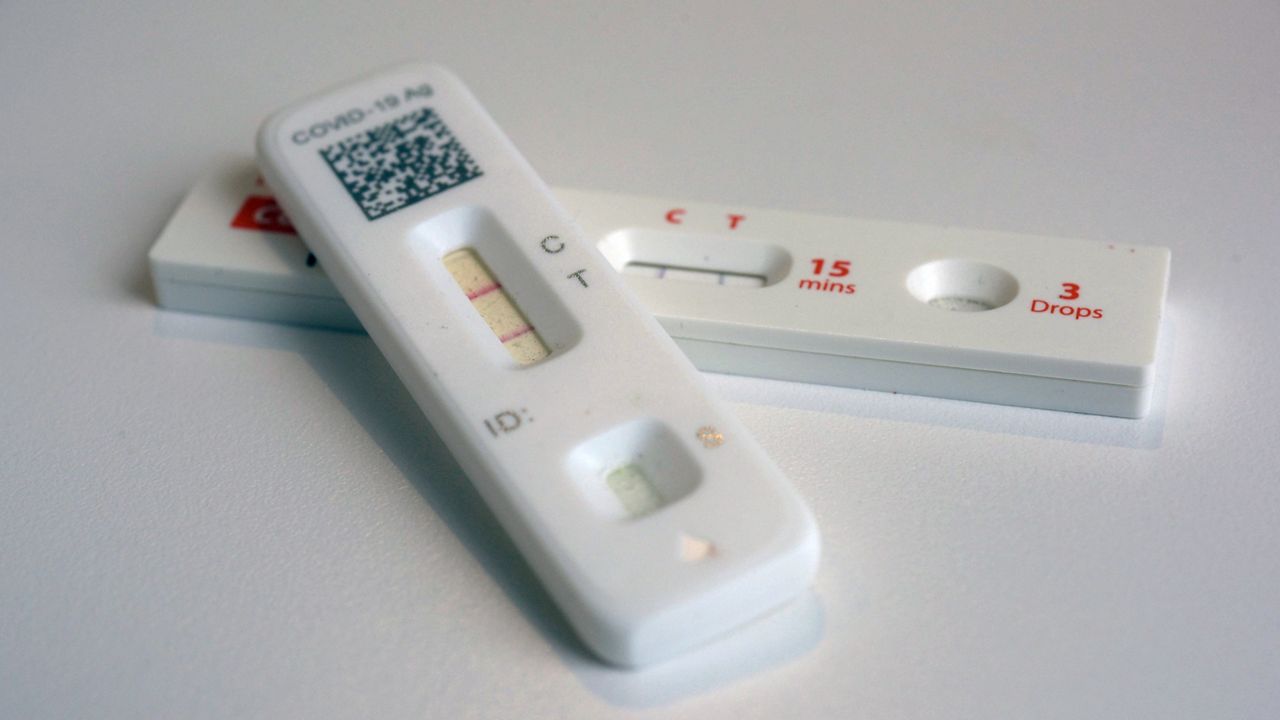COLUMBUS, Ohio — COVID-19 cases are going down and restrictions are beginning to lift. Those are signs that make many medical officials believe the intense war against the coronavirus and any new variants appears to be coming to an end.
What You Need To Know
- Demand for the COVID-19 vaccine is slowing down
- People allergic to polyethylene glycol cannot get vaccinated
- Egg, latex and other food allergies don’t apply to COVID-19 vaccines
- Some conditions may require consulting a doctor
“At this point the variants, you know, don't seem to be winning the race between variant and vaccination,” said Dr. Iahn Gonsenhauser, the chief officer of patient quality and safety at OSU Wexner Medical Center.
Vaccine demand is also slowing down with some citing health concerns as to why they don’t want to get the shot.
But Dr. Gonsenhauser said it’s an extremely small population who can’t get vaccinated.
“Polyethylene glycol, it's a component of the vaccine, so if you have an allergy to that component of the vaccine, you should not get it,” he said. “Outside of that, there are very few groups who can't get vaccinated. Even pregnant individuals are now encouraged to get vaccinated. At the very least, have a conversation with their provider to understand their risk. Anybody who's going through an immunocompromising disease state or treatment, you're going to want to have a conversation with your physician as well.”
Dr. Gonsenhauser said even some typical allergies that prevent people from getting other vaccines do not apply to the three vaccines approved for use in the U.S.
“Egg allergy, latex allergy, other food allergies do not contraindicate the COVID vaccine for you,” he said.
Anyone with questions about how the vaccine could interact with any medical conditions they have, Dr. Gonsenhauser pleads for them to talk with their doctor before writing off getting vaccinated.
He also knows a lot of the vaccine resistance is solely because of fear.
“It's totally appropriate to be cautious and want to make sure that you have good information when you're making decisions about your health, your well-being, and your body,” he said. “What we've learned as millions and millions have received these vaccines across the world, is that these are some of the safest treatments and safest vaccines, we've really ever seen.
“We are seeing 99%-plus of patients who get COVID now from the group who never received the vaccine.”





